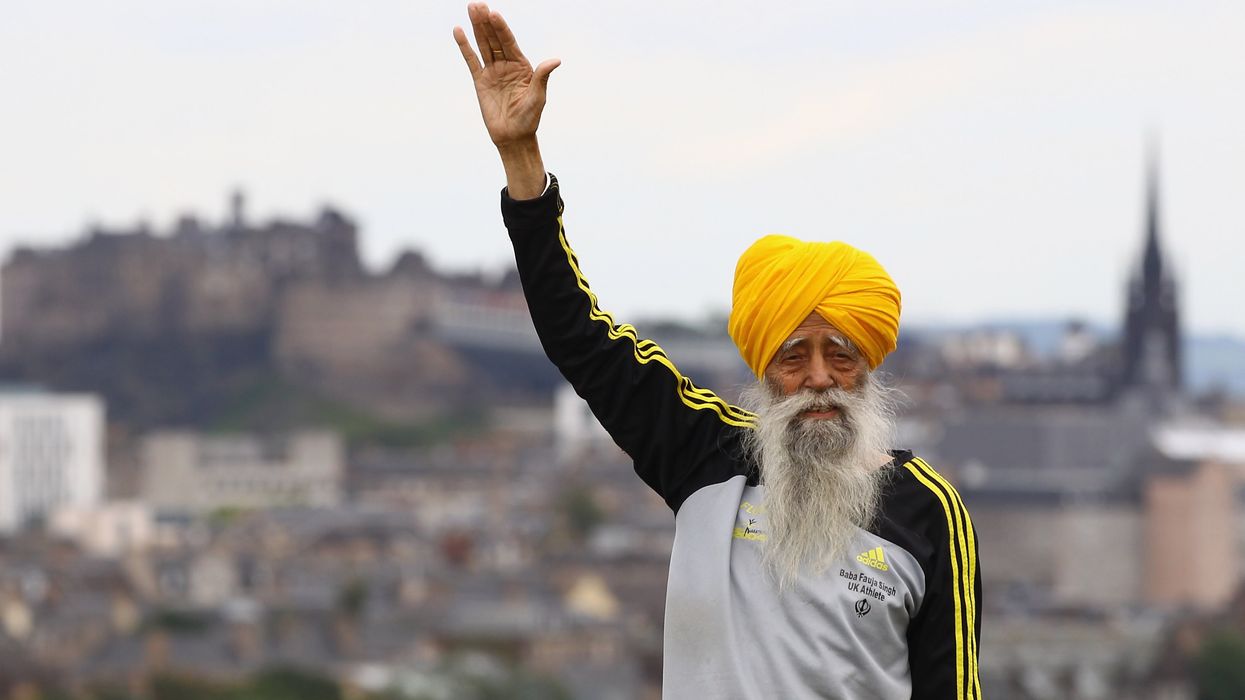By Sunder Katwala
Director, British FutureJOE BIDEN’S route to the White House has been the most unusual for decades.
He seldom ventured far from his Delaware home as the rituals of the campaign trail were replaced by a virtual drive during Covid.
The three-month transition period traditionally sees the president-elect’s agenda and appointments as the centre of attention, while the incumbent tidies up loose ends and begins to fade quietly into the post-presidential background. But that was never going to be Donald Trump’s style.
Nothing in the Trump presidency has disgraced him quite so much as the leaving of it. Presidential candidates have contested the outcome before – Al Gore pursued his legal options before publicly conceding, with some grace, once the Supreme Court had decided the knife-edge Bush versus Gore election against him.
Trump’s team rarely concentrated on their legal remedies. Indeed, they were highly reticent about alleging fraud before the courts, even while the president proclaimed it noisily in every other public forum. So, amid a blizzard of dismissed lawsuits, Trump endlessly amplified conspiracies and misinformation. A minority of Americans – but two-thirds of Trump supporters – were persuaded that the election result was dodgy, with too many Republican politicians playing along with a story they did not believe to appease Trump’s base.
And so the “Stop the Steal” campaign brought murder and mayhem to the heart of Washington in what proved to be a futile effort to prevent Congress certifying the Electoral College victory of Biden earlier this month.
Trump has been damaged by his post-election conduct while Biden’s reputation has been quietly rising. A Pew survey found that Americans approve of Biden’s conduct since the vote by 57 per cent to 15 per cent. That’s a strong score among the two-thirds of Americans who believe that he was the legitimate electoral victor, but it also illuminates the significant challenges of political legitimacy and violent extremism.
Seven out of 10 Americans now want Trump to leave politics. Judged by conventional political standards, he is damaged goods. But a 29 per cent approval rating is alarmingly high for a twice-impeached president who has promoted an insurrection. Initially, one in five Americans went so far as to express support for the uprising in Washington, though this halved within days.
Images of the insurrection shifted from those who resembled day-trippers and souvenir hunters to those who came equipped to kidnap and assassinate members of Congress.
The events and aftermath of January 6 show how online conspiracy theories – including QAnon, so absurd that it has often been treated as a joke – can have serious real world consequences. The heightened excitement that Biden’s inauguration could still be blocked by a surprise Trump coup bears all of the hallmarks of online radicalistion. While the threat from Islamist groups remains, the armed and radicalised right in America has become the biggest domestic terrorism threat in any major democracy.
Biden inherits a deadly pandemic that has disrupted the US economy, as well as a challenge to the foundations of US democracy. Day one of his presidency is set to see high-profile changes, including America rejoining the global climate talks and the end of Trump’s “Muslim ban” and his family separation policies. These are important symbolic issues for the Democrat base, but, crucially, also ones where Trump’s so-called ‘populist’ position was less popular than Biden’s. He has a clear mandate on climate change which, amid a deep partisan divide, two-thirds of Americans prioritise. Even on the highly contentious issue of immigration, the Fox News exit poll finds seven out of 10 Americans believe in legal status for the undocumented.
On the global stage, Biden’s inauguration will be greeted initially with relief, especially by governments that value America’s voice in multilateral institutions. Prime minister Narendra Modi administration in India, having done little to disguise its preference for Trump, faces a trickier transition. But it is likely to be pragmatic about where power now lies and he will seek to further deepen the US-India democratic partnership.
The media in India has been as interested in the Indian-American contingent in the Biden administration, already 21-strong in the initial appointments. Vice-president Kamala Harris will not be the only American of Indian heritage at the top table. Neera Tanden has been nominated to lead the Office of Management and Budget, a key cabinet role with influence on government spending.
Tanden’s high profile on Twitter has seen her criticised as too partisan by the Republicans and too centrist by the Democrats’ left flank. It is perhaps a sign of integration that the controversy is partisan and factional, seldom about ethnic background.
The Biden administration will look more like America than the Trump administration did. But more than at any time since Watergate, the job of the incoming president is not just to govern, but to seek to heal the soul of a deeply divided nation.





 Minreet Kaur
Minreet Kaur 











 Heehs describes two principal approaches to biographyAMG
Heehs describes two principal approaches to biographyAMG


Biden’s challenge will be to bridge deep divisions